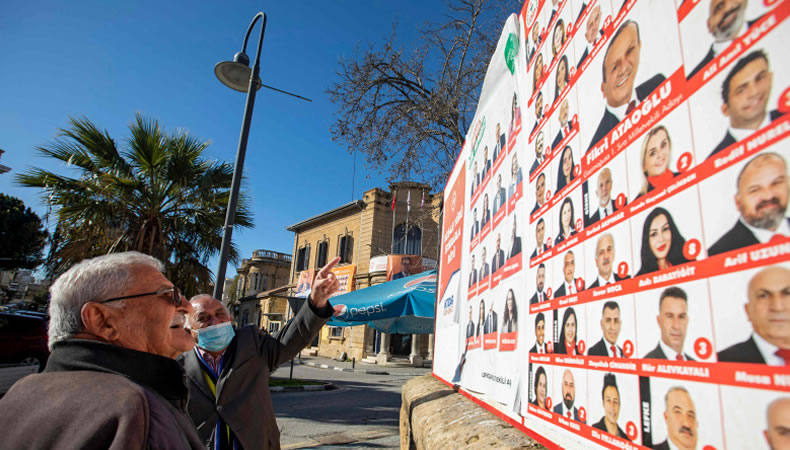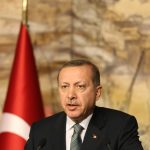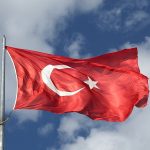Turkish Cypriots cast their Ballots after a Campaign Dominated by Economic Crisis


According to the election commission, polls closed at 6:00 p.m. (1600 GMT), with a provisional turnout of 58.2 percent. Turnout was 66.2 percent in the 2018 parliamentary election. Apathy was detected among the about 204,000 voters, according to analysts, whose major worries include health, safety, and economic well-being. “There is far less excitement and passion in the air in Northern Cyprus than there was in past elections,” political academics Ahmet Sozen and Devrim Sahin wrote on the website of the Italian research tank ISPI.
Cyprus has been divided since 1974, when Turkish forces captured the northern section of the island in retaliation for a military coup supported by the Greek junta at the time. Unlike past TRNC elections, this time’s campaigning has centered on the territory’s economic issues rather than any discussion of a remedy.
Related Posts
Right-wing nationalist Ersin Tatar won a stunning, narrow victory over pro-unification candidate Mustafa Akinci in the TRNC’s 2020 presidential election, putting an end to hopes of resolving the impasse. At UN-brokered discussions on ending the conflict, Tatar, a strong friend of Turkish President Recep Tayyip Erdogan, has campaigned for recognition and insisted on a two-state solution.
The predominantly Greek-speaking Republic of Cyprus, a European Union member with effective sovereignty over the southern two-thirds of the island, categorically rejected his position. Many Turkish Cypriots are angry because the Erdogan administration has been accused of interfering in the TRNC’s presidential election in 2020.
However, Sozen and Sahin concluded that “there is no necessity for Turkey’s government to play an active part in changing the direction of the election this time.” Instead, Erdogan’s handling of the Turkish economy, on which the TRNC is largely reliant, has emerged as the poll’s most pressing problem. ‘People are depressed,’ says the narrator. “People are despondent because the expense of life is too high,” Dervis Dizliklioglu, a 72-year-old retiree, explained. “I hope that those who are elected will work hard for the people’s benefit.”
Last year, the Turkish lira lost 44% of its value versus the US dollar, driving up prices by a comparable proportion and compounding the north’s decades of economic isolation. According to opinion surveys, the right-wing National Unity Party (UBP), which advocates for a two-state solution to the island’s separation, would win the election for a new parliament, where it now possesses 21 members. It is followed by the Republican Turkish Party (CTP), a center-left party that supports a solution with the Greek Cypriots.
However, there was little discussion of a solution to the Cyprus crisis throughout the election campaign. A boycott has been proposed by those on the left. “Nothing will change” until Turkish Cypriots are “liberated from the tyranny of Ankara,” according to the tiny United Cyprus Party (BKP), which supports a federal solution. Since 2017, talks to address the Cyprus issue have been on hold.
In April 2021, the United Nations — which supervises the buffer zone dividing the Turkish-speaking north and the Greek-speaking south — tried but failed to restart discussions. Greek Cypriots rejected a UN plan to form a loose federation on the island in 2004. The idea was approved by a large majority of Turkish Cypriots. The preliminary findings should be available overnight or on Monday.











